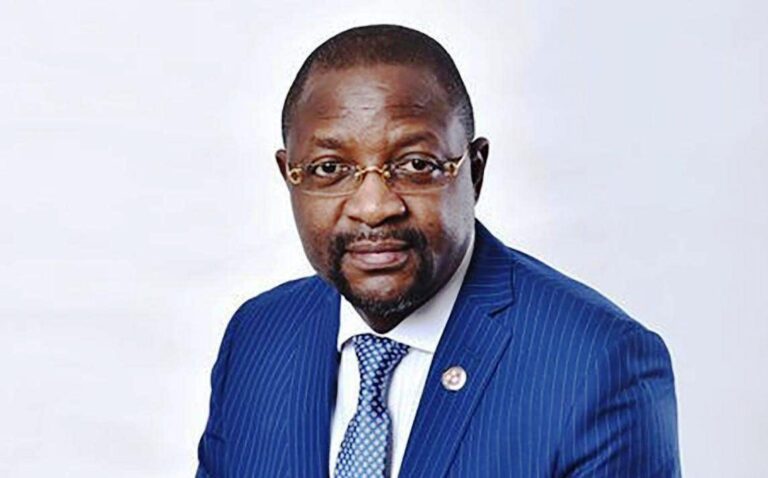Nigeria’s economic policies are producing positive outcomes, with the country achieving a trade surplus of $16 billion, rising foreign reserves, and increased investor confidence, according to the Presidency.
In a recent interview, Sunday Dare, the Special Adviser to the President on Media and Public Communications, attributed this economic boost to the bold policy decisions made by President Bola Ahmed Tinubu’s administration.
These decisions have stabilized the financial sector, improved regulatory transparency, and enhanced Nigeria’s appeal as an investment destination. “President Tinubu has taken decisive steps to stabilize the naira, curb inflation, and boost production. As a result, global investors are paying close attention,” Dare stated.
Key reforms, such as the unification of exchange rates, the deregulation of the petroleum sector, and fiscal tightening, have played a crucial role in strengthening Nigeria’s economic outlook. The government is also focused on eliminating bureaucratic bottlenecks, making it easier for investors to do business in the country.
Dare emphasized that these efforts are already yielding results, particularly in the growth of exports and capital inflows. “We are now witnessing a shift—more Nigerian businesses are becoming competitive in global markets, and international investors recognize the potential for long-term growth,” he added.
The $16 billion trade surplus reflects stronger export performance, specifically in agriculture, oil, and manufactured goods, reinforcing Nigeria’s position as a leading player in Africa’s economic resurgence.

